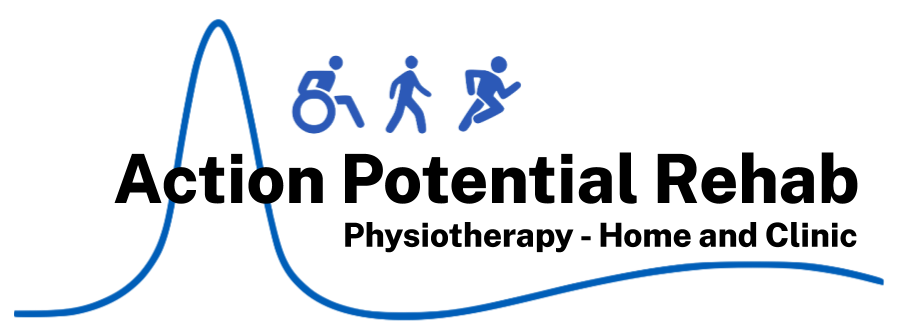Home / Conditions / Functional Movement Disorders
Functional Movement Disorders
Functional Movement Disorders (FMDs) are defined by involuntary movements with no direct neurophysiological cause. As well, FMDs can characteristically be altered by distraction techniques. Although FMDs are very common, there existed no clear treatment pathways until very recently. Today, physiotherapy plays an essential role in the management of a wide variety of FMDs.
FMD can present a wide variety of signs and symptoms. These may include:
- Functional tremor. This is the uncontrollable shaking of a body part, usually an arm or a leg. The severity of shake varies and can be a cause of disability.
- Functional dystonia. This is the unusual, abnormal movement of a part of the body, which does not involve a tremor. The most commonly affected areas are the face, neck, trunk, and limbs.
- Functional gait disorders. These relate to difficulties in producing normal gait, or a person’s manner of walking. Gait disorders can be a cause of disability.
- Functional myoclonus. This is a quick, involuntary contraction of a muscle, also called a “jerk”. Functional myoclonus can also include sudden decrease in tone, or rapid relaxation of a muscle.
- Startle syndromes. These are myoclonic (quick, involuntary muscle contractions) caused by a variety of stimuli, e.g. visual, auditory, or tactile.
Physiotherapy can be useful in managing and treating symptoms of FMDs. Clients work collaboratively with their therapist to draft long-term self-treatment, education, and symptom-mitigation plans. Many of our physiotherapists have specialist experience in treating clients with FMDs. Please do not hesitate to contact us should you have any questions.
This website provides general information about our services and conditions treated. It is not intended to be used for self-assessment or treatment, and is not a substitute for an individualized treatment plan developed by a registered physiotherapist.
By the Action Potential Rehabilitation Staff
Page last reviewed: June 2, 2023
